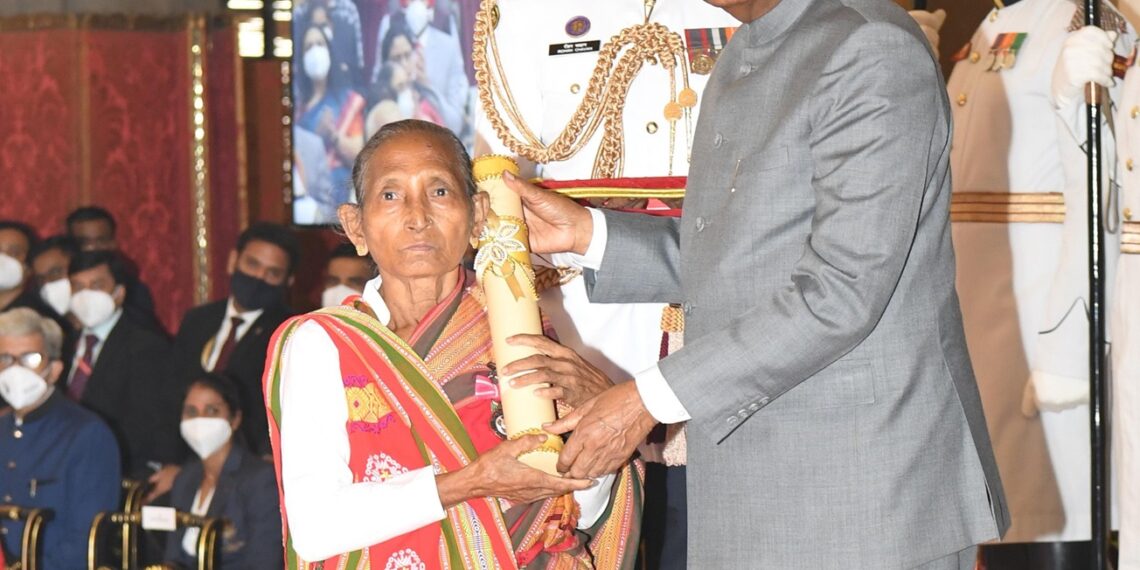Guwahati: In honour of Birubala Rabha, a prominent social reformer who passed away on May 13, 2024, the Governor of Assam has declared that May 13 will be observed annually as the ‘Day Against Superstitious Beliefs’ in the state.
This initiative is designed to honour Rabha’s contributions and raise awareness about the dangers of superstitious practices, promoting scientific reasoning and rational thinking across communities.
The declaration outlines a detailed framework for the observance of the day, with various state departments assigned specific roles to ensure that the day is commemorated effectively.
The primary objective of this day is to foster awareness about the harmful effects of superstitious beliefs on society and encourage scientific literacy and critical decision-making.
The event will aim to bring together students, educators, healthcare professionals, and local communities to engage in activities that promote rational thought and debunk harmful superstitions.
The School Education and Higher Education Departments will take the lead in organising awareness programs in schools and colleges across the state.
These may include lectures, debates, essay competitions, poster-making contests, and workshops, all focusing on topics of scientific and rational thinking.
Additionally, public outreach programs will involve students in educating the general public about the dangers of superstitions and advocating for scientific reasoning.
The Health and Family Welfare Department will focus on addressing health-related superstitions by disseminating educational content through mass media channels.
This will help counter common misconceptions that could harm the health and well-being of society.
The Panchayat & Rural Development Department will organize Special Gram Sabhas on May 13, inviting experts and community leaders to discuss the negative impact of superstitious practices, especially in areas that have previously experienced incidents of witch hunting.
The Women and Child Development Department, in collaboration with NGOs and community-based organisations, will organise district-level awareness programmes that focus on the impact of superstitions on women and children.
These events will honour those who have worked against superstitions and will include the distribution of educational materials.
The Science and Technology Department, through its network of Aryabhatta Science Centres and eco-clubs, will carry out activities promoting rational thinking and scientific awareness, especially in rural areas.
Other departments will also contribute by creating awareness tailored to their respective areas of responsibility.
To ensure the successful execution of this initiative, documentation of activities will be maintained by all departments for future reference and planning.
The government has urged all relevant departments to set up institutional mechanisms to commemorate the day in a meaningful and effective manner.
This year’s observance of the ‘Day Against Superstitious Beliefs’ is not just a tribute to Birubala Rabha but also a commitment to fostering a more scientifically informed and rational society.















